
Tita de la Garza and Pedro Muzquiz are two souls in love who cannot be together due to deep-rooted family customs, which will force Tita to navigate with magical tints and flavors between the destiny dictated by her family and the fight for her love, while we accompany her in her greatest refuge: the kitchen.

Tita, who lives on a ranch in Mexico, falls in love with a boy, Pedro, who lives nearby; but when they want to get married, Tita's family prevents it, because she must remain single to take care of her mother.
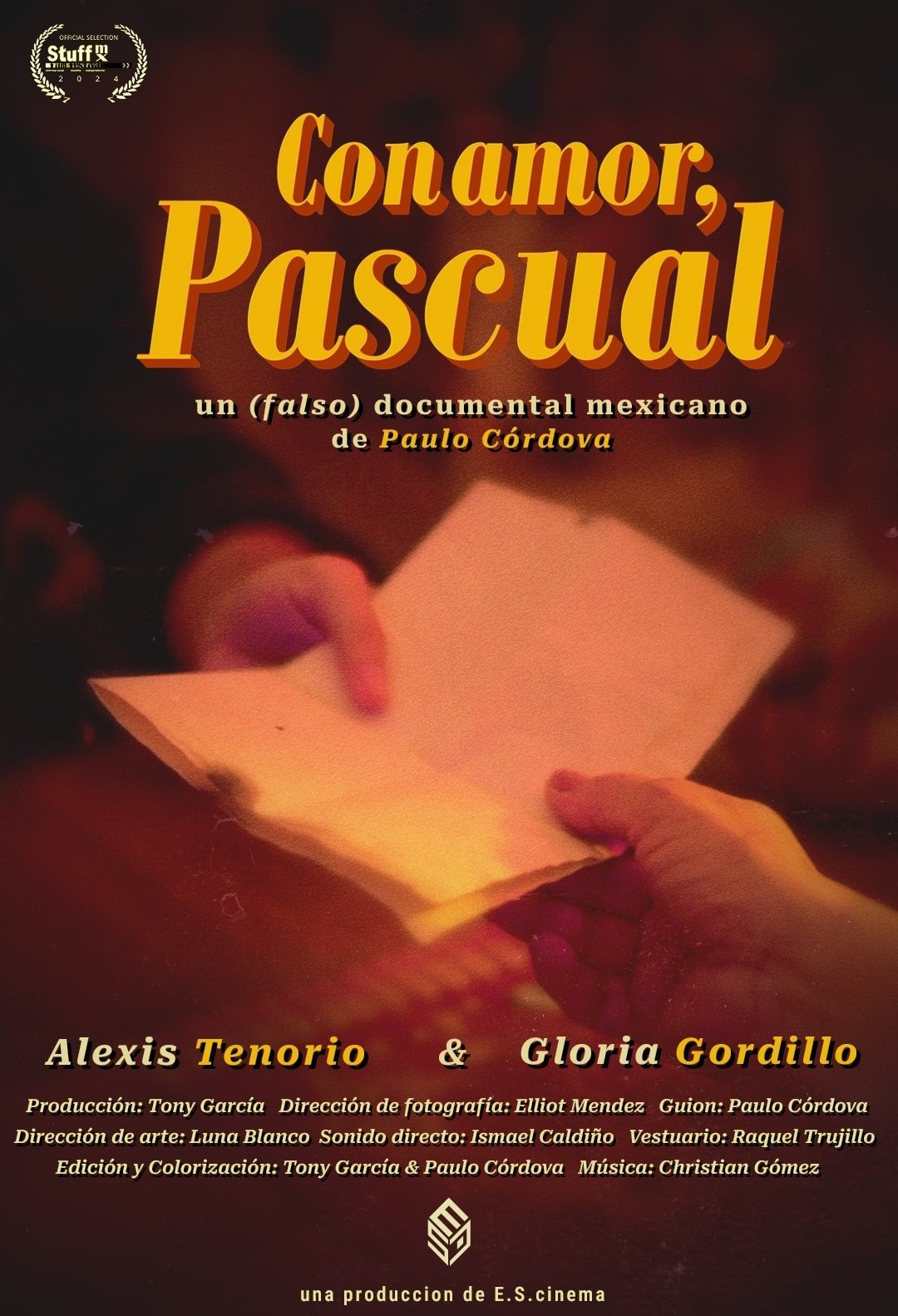
The hope of a young historian to corroborate the existence of Pascual Vázquez, a supposed general of the Mexican revolution, materializes in Ms. Hilda, Pascual's granddaughter, who offers to tell the stories of her grandfather.
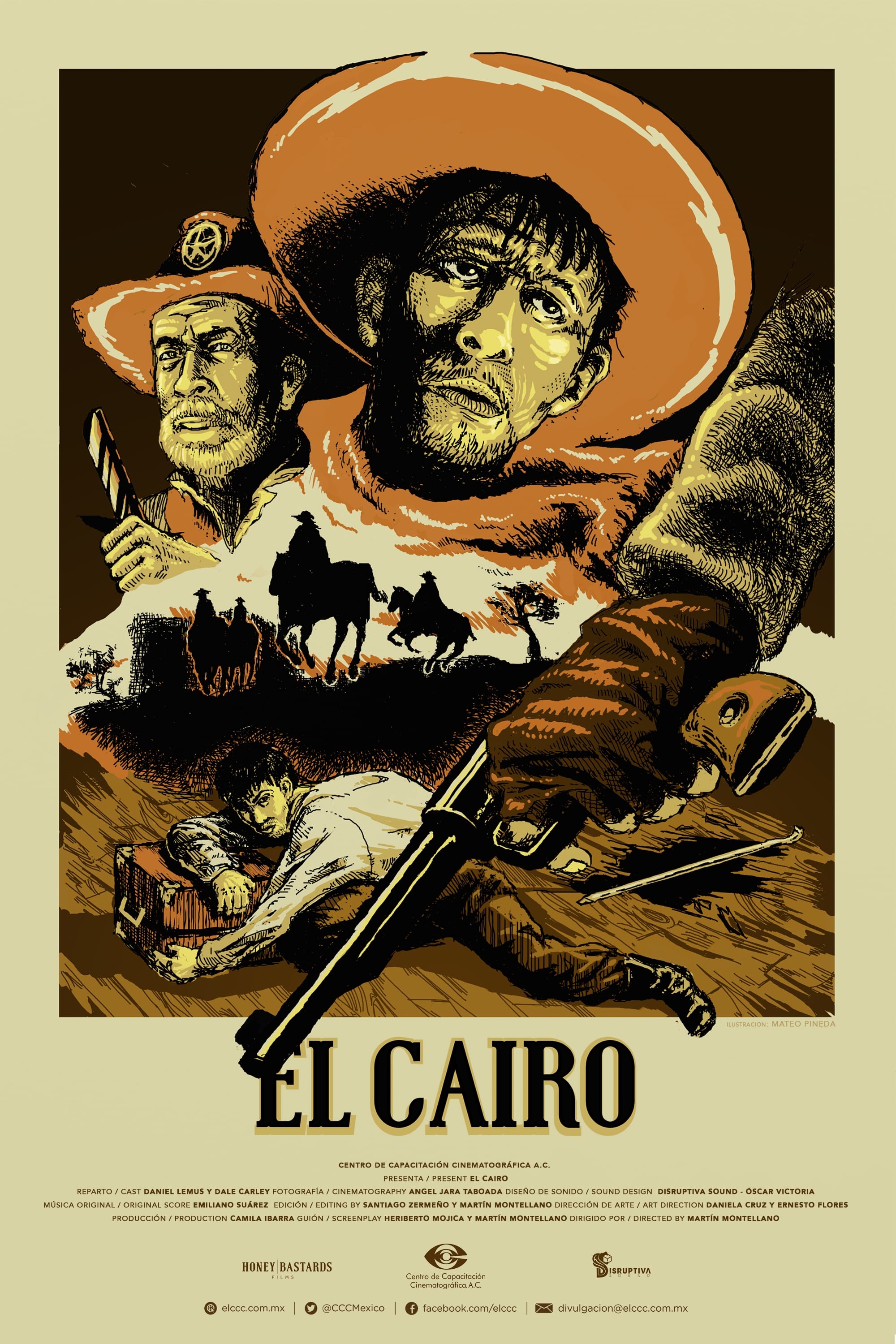
Mexico 1926. Durazo is an outlaw and a former revolutionary. He is getting at the end of the quest for a coveted treasure. His mission will be interrupted by an unexpected meeting, which will define his life.
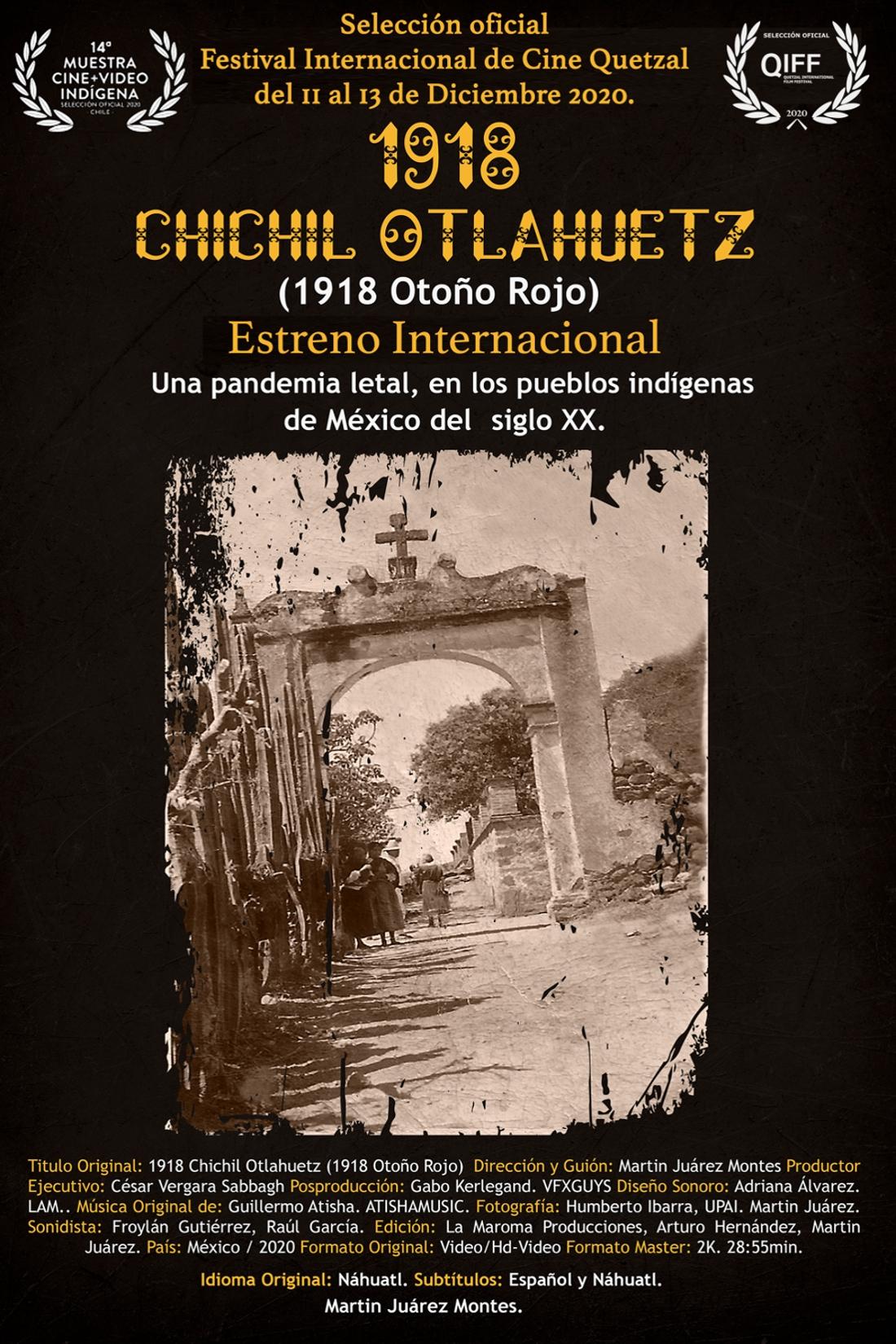
Historical heritage documentary about the disease that, 100 years ago, occurred during and after the Mexican Revolution. This film presents real testimonies of this cruel pandemic in the indigenous peoples of Mexico in the 20th century.
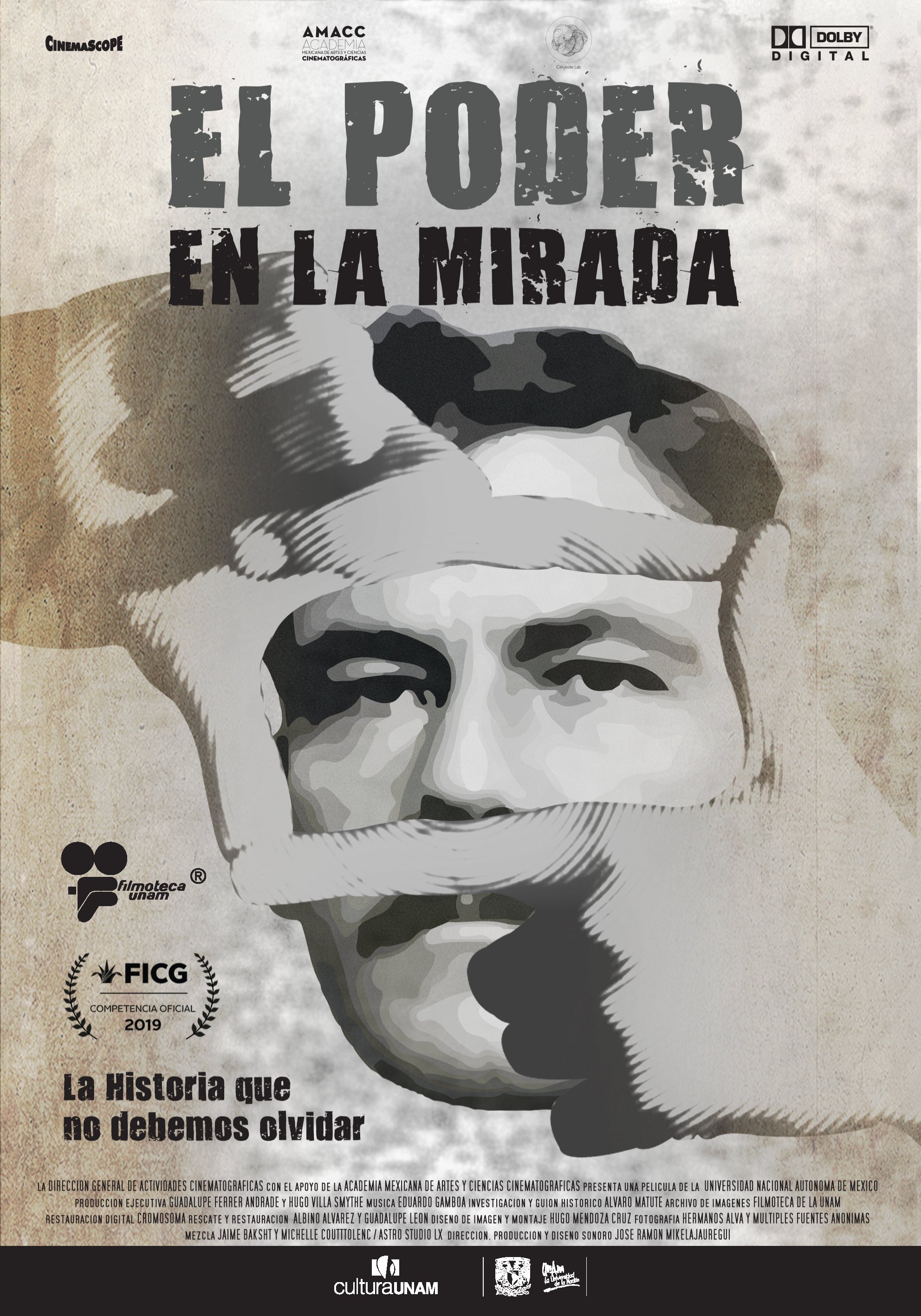
An emotional journey through the film archives of the Mexican Revolution, ranging from Venustiano Carranza's administration to the creation of the PNR party by Plutarco Elias Calles.
After her husband leaves during the Mexican Revolution, Ana finds comfort in Rosa with whom she shares many aspects of her life.
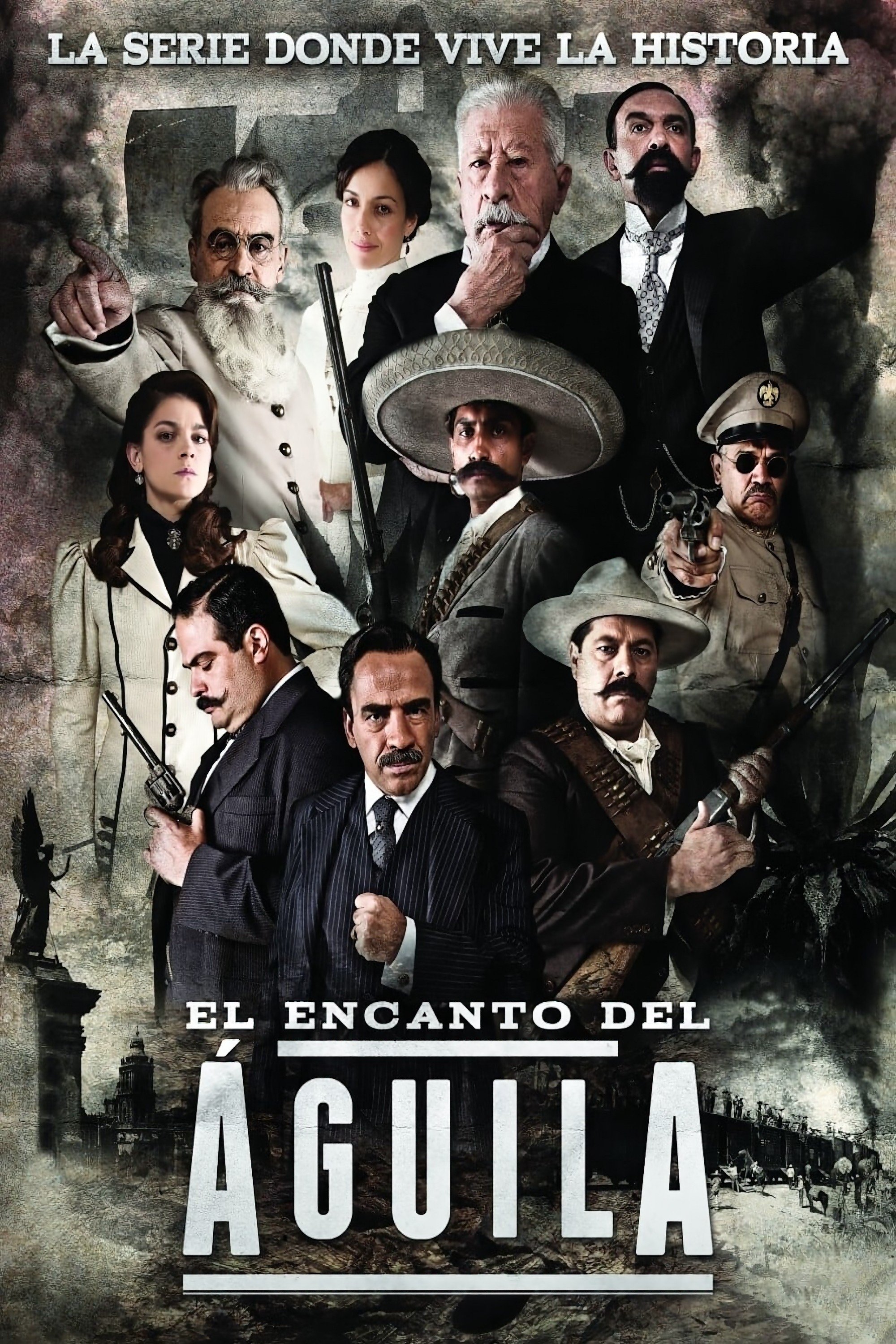
A detailed dramatization of historical events during the time of the Revolution in Mexico. Using never-before-known historical documents, details about what happened during the period from 1910 to 1928 are revealed.
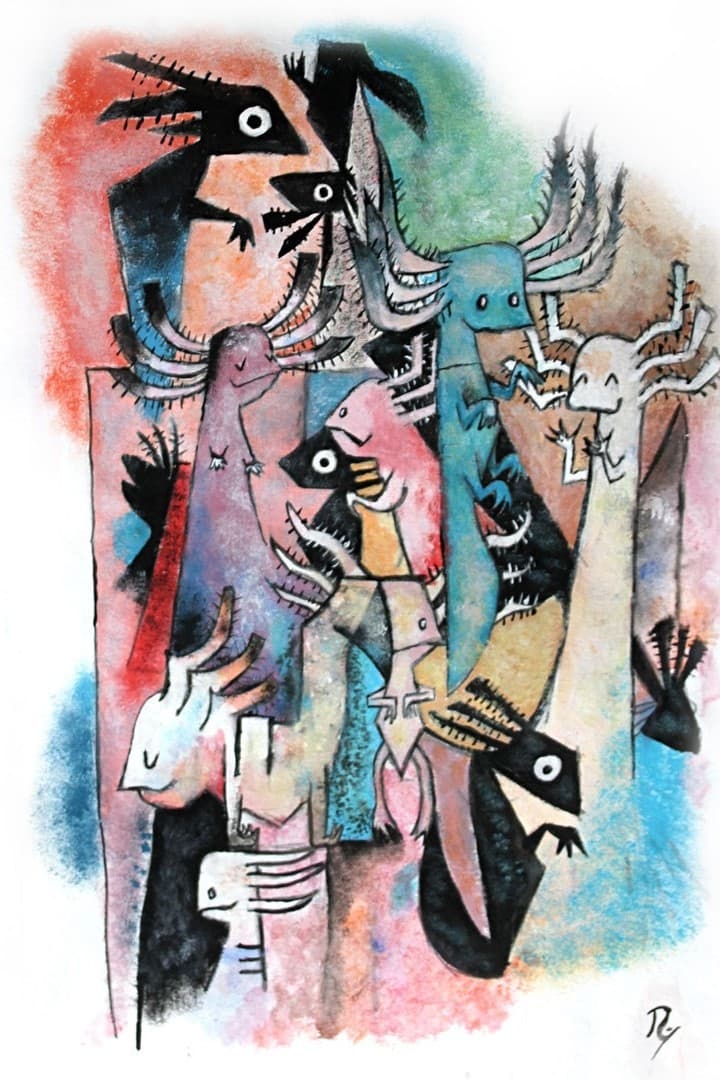
Revoltoso | Set on 1913. Jabalito, a small one-eyed wild boar is on the scene of one of the first filmed wars in history: the Mexican Revolution. In the midst of the war he discovers cinema. Revoltoso is a stop-motion short film. The look and feel is inspired by Cubism.
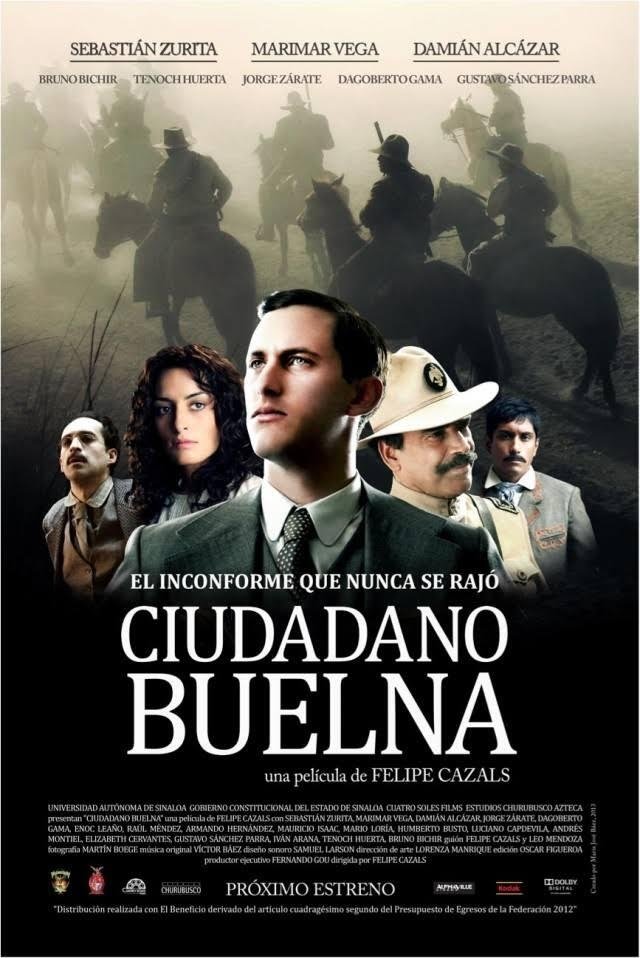
Rafael faces the complications of the revolution and discovers true love with Luisa.
The Storm That Swept Mexico tells the gripping story of the Mexican Revolution of 1910, the first major political and social revolution of the 20th century. The revolution not only changed the course of Mexican history, transforming economic and political power within the nation, but also profoundly impacted the relationships between Mexico, the U.S. and the rest of the world.
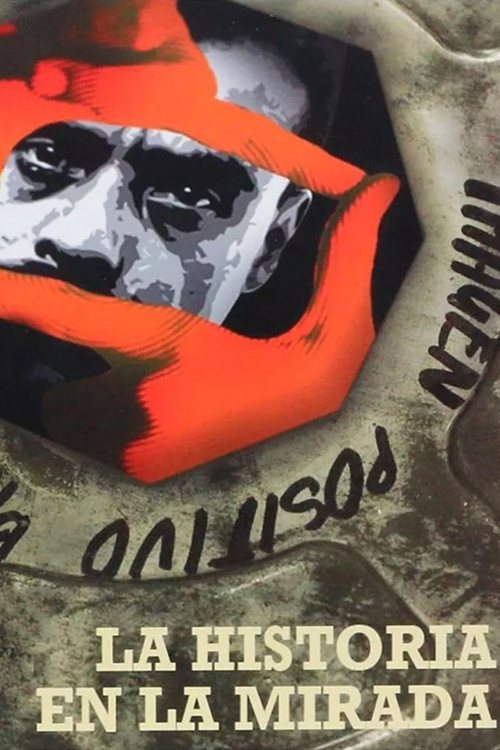
The film portraits the stage previous to the outbreak of the Mexican Revolution, from the end of Porfirio Díaz´ government, the social volatility, the ephemeral government of Madero and the presence of the working class in the figures of Villa and Zapata, until the signing if the Constitution of 1917. All of this through moving images, filmed during those events mainly by the Alva brothers, filmmakers of that time. Those images let us perceive the contradictory and shuddered glance of the people of that period.
Chapter 3 of the series 18 decades of life in Mexico in the twentieth century. Images of the cultural, social and political life in Mexico between 1910 and 1914, and the beginning of the major armed conflict that marked the future of the Mexican nation.

Tita is passionately in love with Pedro, but her controlling mother forbids her from marrying him. When Pedro marries her sister, Tita throws herself into her cooking and discovers she can transfer her emotions through the food she prepares, infecting all who eat it with her intense heartbreak.
Chapter 4 of the series 18 decades of life in Mexico in the twentieth century. Images of the cultural, social and political life in Mexico between 1915 and 1919.
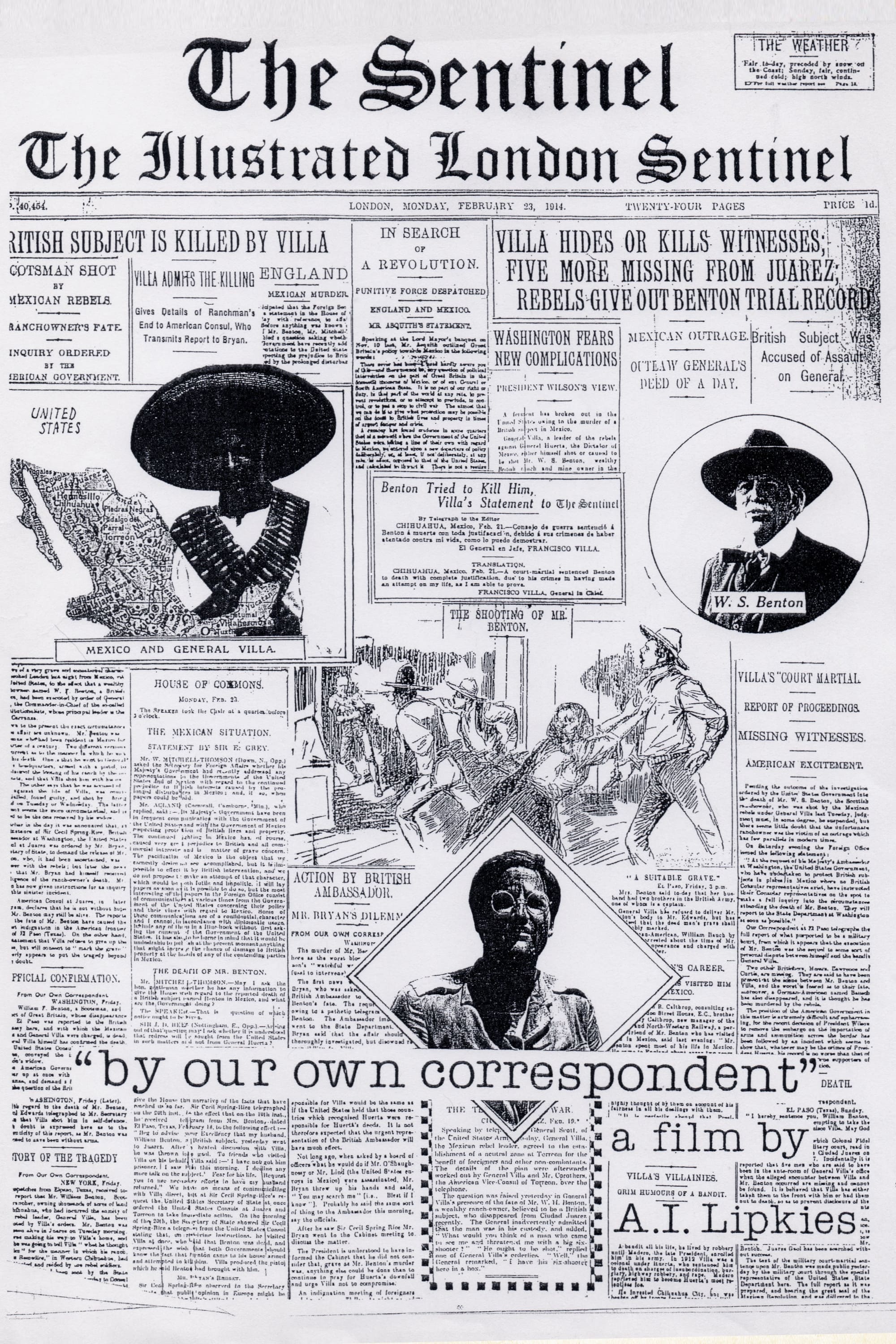
William Benton, a rich British landowner and cattle baron was murdered, creating one of the most bizarre and sensational international scandals in history. Thomas Canning, an inexperienced photo journalist from London, is sent to Mexico seeking fame and glory but eventually he reaches the camp of Pancho Villa to be told several conflicting versions of Benton's murder.
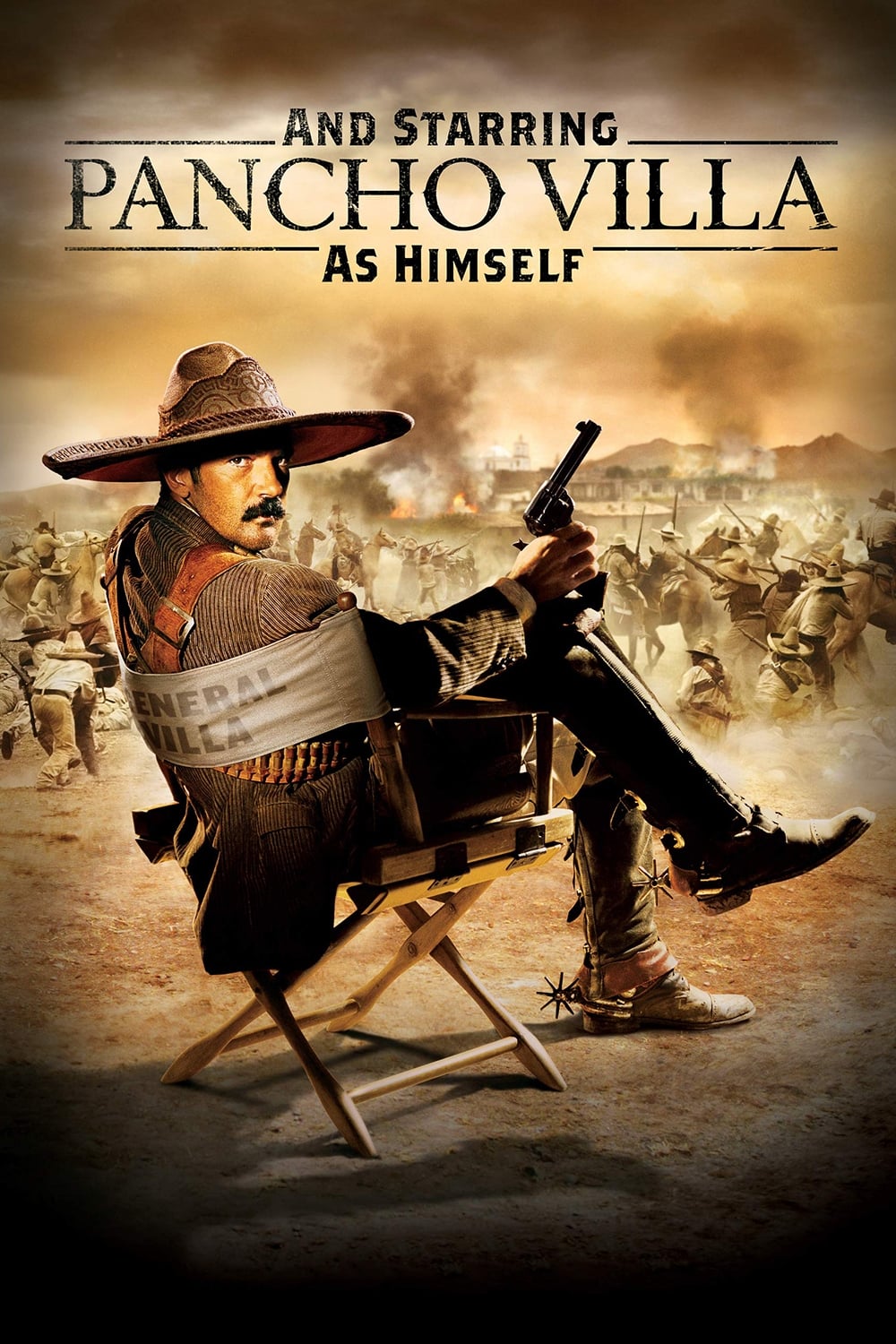
In 1914, the Mexican revolutionary Pancho Villa invites studios to shoot his actual battles against Porfírio Diaz army to raise funds for financing guns and ammunition. The Mutual Film Corporation, through producer D.W. Griffith, interests for the proposition and sends the filmmaker Frank Thayer to negotiate a contract with Pancho Villa himself.
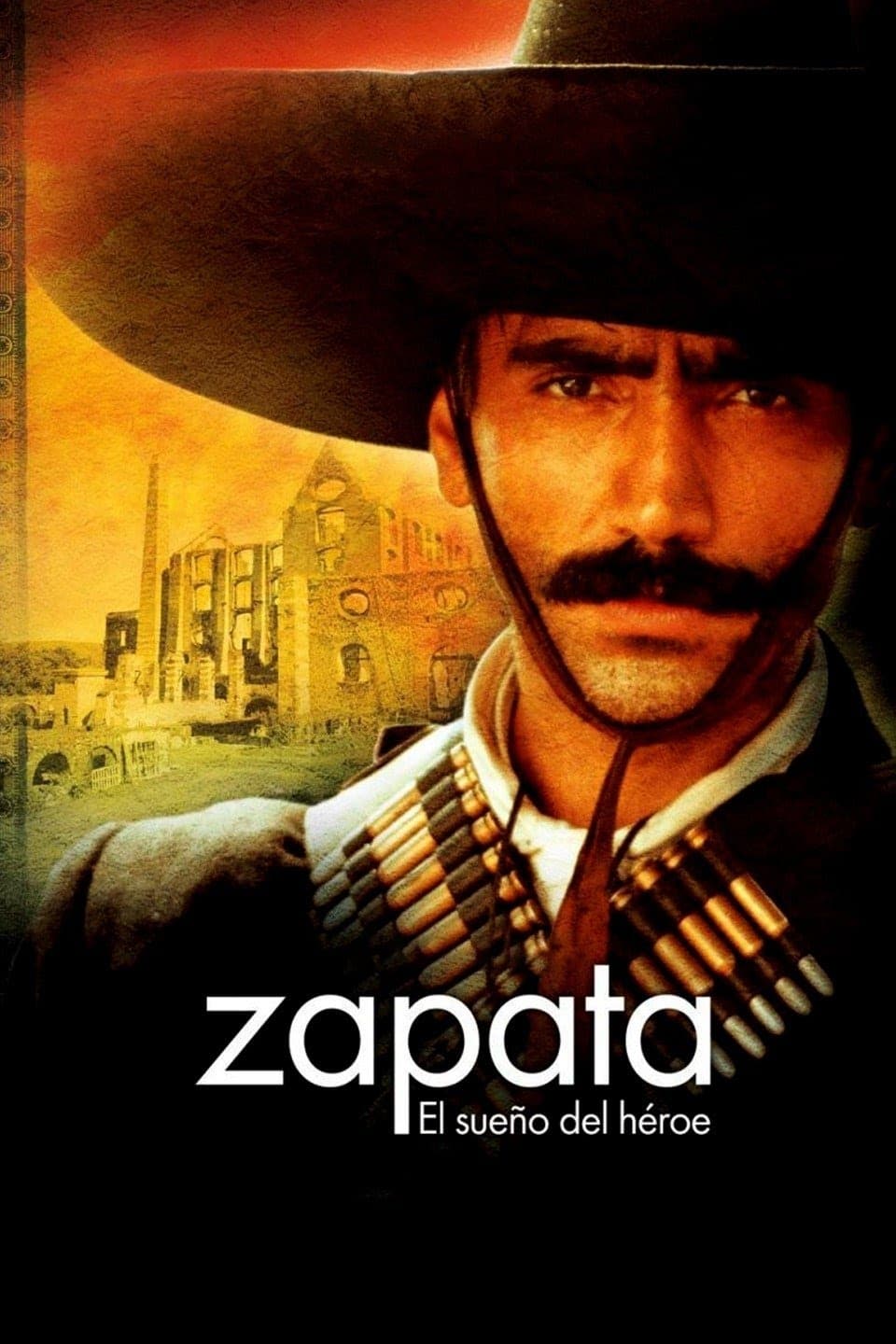
This fictionalized portrayal of Emiliano Zapata as an Indigenous Mexican shaman, directed by Alfonso Arau, was reportedly the most expensive Mexican movie ever produced, with a massive ad campaign, and the largest ever opening in the nation's history. Unusual in the Mexican film industry, Zapata was financed independently.
By browsing this website, you accept our cookies policy.